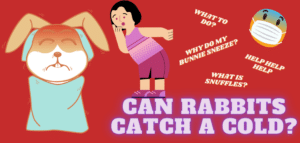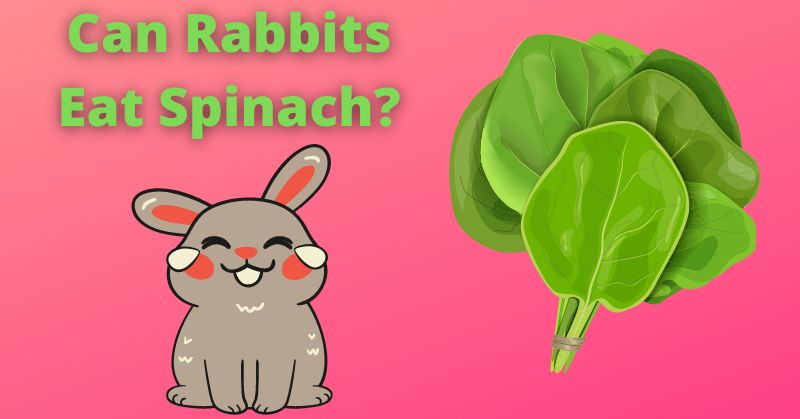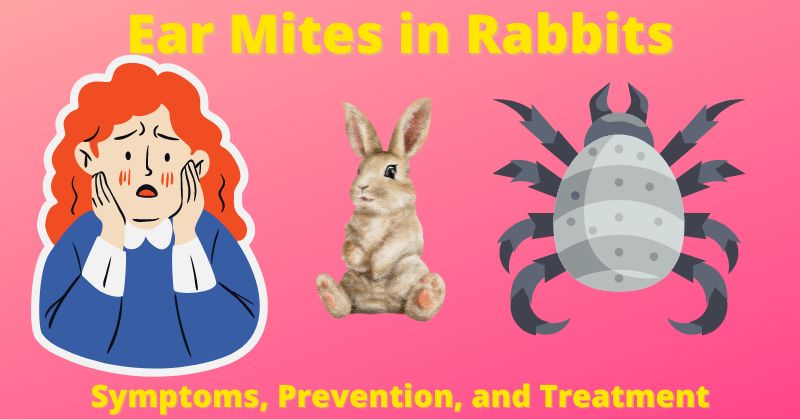Guide to Buy Rabbit Pellets
Believe it or not, choosing pellets for indoor bunnies is a serious job. They are easily available online or at the local retail store. But if you pick the wrong one, your bunny’s health can be at risk.
Many bunny pellets contain nuts, dehydrated fruits, seeds, colorful crunchy stuff, etc. Most of these products are have low fiber, additives, artificial flavors, and sweeteners. They are tasty but not the ideal food for rabbit’s health.
However, some brands sell hay-based rabbit pellets. These products are clinically-tested and proven rich in nutrition. They aid in healthy growth and development in bunnies.
Want to buy rabbit pellets online?
You may get started right here, right now.
It’s easy to shop for top-rated rabbit pellets on our website. At Best Rabbit Products, we work hard to find only products that are nothing short of the best for indoor bunnies.
Before you add anything to the cart, we suggest that you take some time to read the review of all the bunny pellets. There is information on the ingredients, the proportion of nutrients, and other details. Follow the recommended dose per serving based on the age and weight of your rabbit.
Best Rabbit Pellets Products
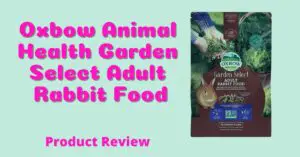

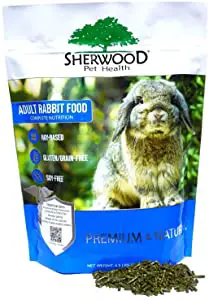
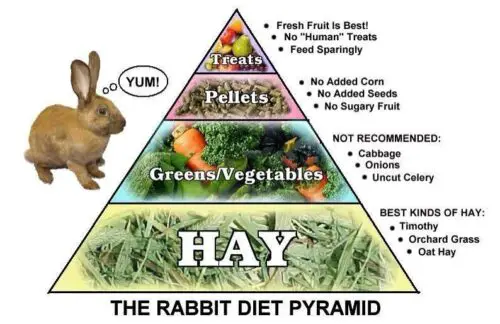
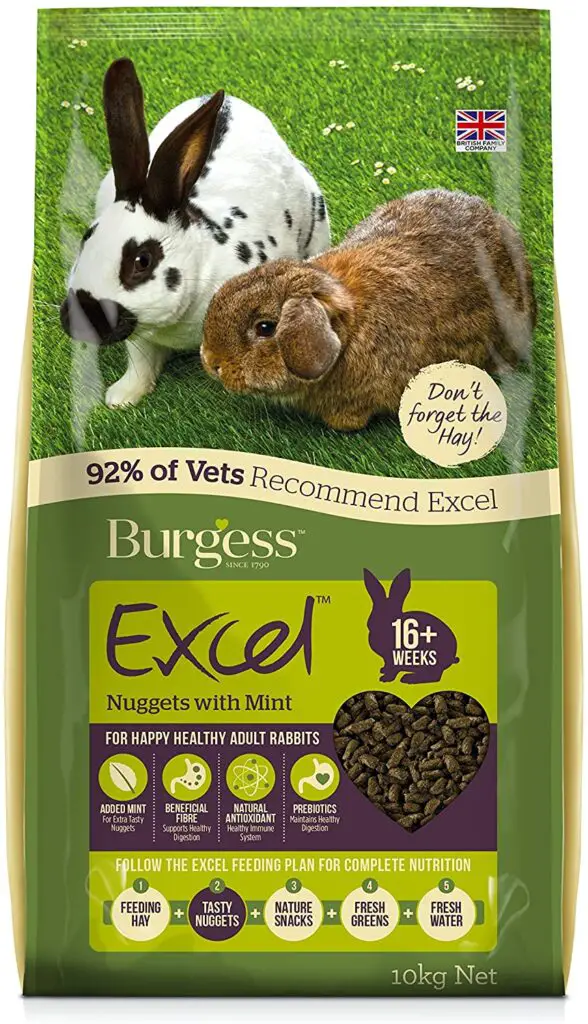
What quantity of pellets do bunnies need every day?
The amount of hay-based pellets to serve daily depends on the age and weight of your pet bunny. You can give unlimited pellets to bunnies until they grow 7 months old. You must reduce the pellets intake for rabbits as they grow older. Eating too many pellets can cause rapid weight gain. An adult bunny of 7 pounds should not eat more than ½ cup of pellets a day.
What to know before buying rabbit pellets?
Not all rabbit pellets are the same even if they are healthy. Consider the following aspects when you buy pellets for a bunny.
Ingredients
Hay* is the prime ingredient in pellets. Look for the nutrition information on the package. Ideal pellets must contain:
- Fiber: more than 22% crude fiber
- Protein: less than 14%
- Fat: 1%
- Calcium: 1%
Note: Always check the package label for the type of hay in the pellets. Buy alfalfa hay pellets for infant bunnies less than 7 months old. Alfalfa hay is a rich source of protein, calcium, and fat that is very good for the growth of young bunnies (less than 1-year-old).
Feeding alfalfa hay pellets to older bunnies can be dangerous. They can grow obese too quickly. This form of hay has less fiber so, it is not good enough to produce enough roughage needed for prolonged digestive tracts in elder rabbits.
Age and Weight
The diet requirement changes with age and body weight in bunnies. With this in mind, we recommend serving a platter of timothy pellets for rabbits that have grown 7 months and above.
The quantity of pellets you feed a bunny has a direct impact on it’s growth and health. Follow our rabbit diet chart at the rabbit food FAQs.
Pellet vs. Non-pellet Diet- Which is best for a rabbit’s health?
Bunny pellets are part of the daily diet if you want to feed less hay and veggies. These ready-to-eat food items are an essential source of nutrition for rabbits.
It is also an optional food item that you can replace with more timothy hay, oats hay, or grass hay. If you don’t wish to give pellets, it is necessary to raise the portions of hay and veggies in the everyday diet.
Not sure about what to feed your bunny every day?
If you have a new pet rabbit in the house, we recommend reading our FAQ articles on the rabbit diet. There is every bit of information on the quantity of each food item you may include per serving to feed a balanced diet.
Everything You Need To Know About Pet Rabbits


